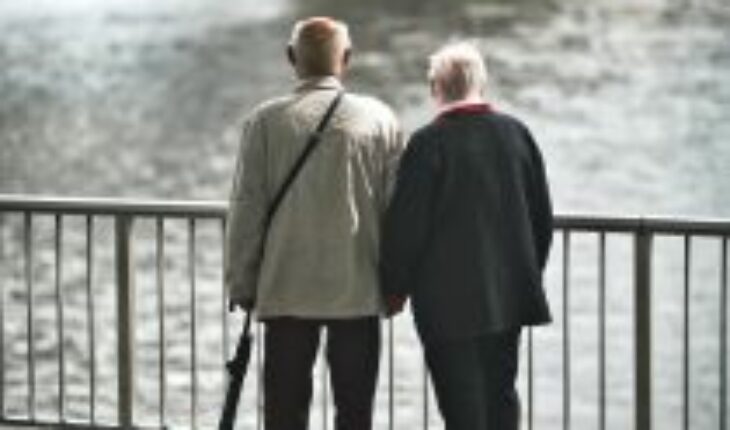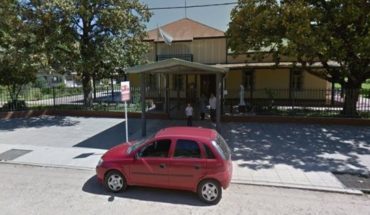Since 2011, June 15 marks the World Day of Awareness of Abuse and Maltreatment in Old Age, an initiative that arises from the United Nations and seeks to generate spaces for reflection and raise awareness about the importance of the human rights of older persons.
Chile is already an aging country and the oldest in Latin America. It is a reality of which it seems that we consider relevant on occasions where only painful postcards of news prevail that show the systematic lack of protection in the aging of many elderly people in our country. We believe it is worth observing some events of the last 365 days and stopping to remember the femicide of Norma Maldonado, an 84-year-old woman murdered and raped in Osorno last year; the suicide pact between Nancy and Alex, a married couple who decided to take their own lives stating in one of their letters that “my situation with Nancy is getting worse every day because of mutual illness. Besides, we don’t want to be a drag on anyone”; or the recent sentence of 10 years and one day in prison to Matías Ortiz for raping a 75-year-old woman who was in a situation of severe dependence as a result of a stroke. Why is being an older person a risk factor in our society? This is consistent with the general feeling of the results of the Sixth National Survey of Inclusion and Social Exclusion of the Elderly, of Senama and U. of Chile, which shows that 72% believe that the country is not preparing anything or almost nothing to face the aging population.
Abuse in the elderly is a social problem that exists all the time in our society, in different areas and positions, bringing various consequences, among them, the denial and contempt of old age. The study shows that 63% of people in Chile believe that people over 60 and over are not able to fend for themselves. Why does this erroneous and exaggerated idea arise? When reality is totally distant from this belief, since about 87% of this age group is independent in their activities of daily living, that is, they age maintaining their functionality and autonomy. And the answer is that the biological and welfare vision of aging and old age continues to predominate, people as objects of care and not of rights.
That is why we firmly believe that the Awareness of Abuse and Maltreatment in Old Age it should be 365 days a year. The COVID-19 pandemic and its consequences, added to the constitutional proposal that we are experiencing as a country, is an unprecedented opportunity to reformulate public institutions, especially in terms of aging and old age. Sandra Huenchuan, a specialist in aging at the Economic Commission for Latin America and the Caribbean (ECLAC), argues that institutions should move to governing entities in the face of the new demographic reality, which emphasize articulation as a substantive aspect to promote. The seal of this type of institutions installs community articulation as a fundamental aspect for society, since it incorporates the perspective of human rights, gender and the territorial approach.
It is not enough for the State to ratify and promote an Inter-American Convention on Rights, but it is urgent to broaden the understanding, exercise and effective promotion of rights and duties in a more concrete, multidimensional, multidisciplinary way and in inter-institutional and intersectoral coordination. As Huenchuan reflects, there is an urgent need for a narrative of the human rights of older people that is less focused on rhetoric and more focused on practice, where different actors concur and new voices are heard (ECLAC, 2022). Those that speak with the experience of the years and that enable the realization of transformative actions that put an end to the various forms of abuse.
Without going any further, as Fundación Vejez Activa we celebrate that the Rights of the elderly will enter the draft of the new Magna Carta with 83% approval (one of the most voted plenary sessions), ratifying, in its article 1, the ownership and full subjects of rights, giving special emphasis to aging with dignity, obtaining social security benefits, greater accessibility and participation and living free of abuse.
Follow us on
The content expressed in this opinion column is the sole responsibility of its author, and does not necessarily reflect the editorial line or position of El Mostrador.





